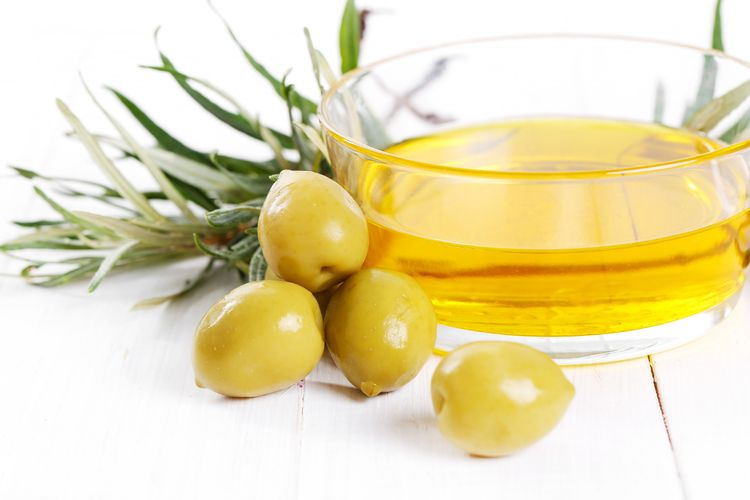KOMPAS.com – Olive oil is not only a versatile kitchen ingredient that enhances the taste of food, such as soup or salad. This oil is also a popular choice for frying, as long as high quality olive oil is used.
However, the benefits of olive oil do not stop at its ability as a spice or cooking ingredient. This oil is also rich in essential nutrients and compounds that are beneficial for health.
In the right amount (about one tablespoon per serving), olive oil is a key ingredient in healthy eating patterns such as the Mediterranean diet.
Also read: Don’t Store Olive Oil Near the Stove, Here’s the Reason
This diet is widely praised for its health benefits, including helping to prolong life.
Here is an explanation of how olive oil is a superfood with many health benefits.
1. Rich in antioxidants
Olive oil is a delicious way to meet the body’s antioxidant needs. Olive oil contains powerful antioxidants such as flavonoids, oleuropein, and hydroxytyrosol which are known as phenolic compounds.
Antioxidants help the body’s defense system by neutralizing free radicals and protecting cells from damage.
Excessive free radicals can cause oxidative stress, which contributes to chronic diseases such as cancer and type 2 diabetes.
Also read: 4 Types of Olive Oil on the Market and Their Functions
By consuming foods rich in antioxidants, you can protect your body from the negative effects of oxidative stress.
2. Reduce inflammation
The phenolic compounds in olive oil not only fight oxidative stress but also help reduce inflammation. This is important because oxidative stress and inflammation are often interrelated.
 Olive oil illustration.
Olive oil illustration. Extra-virgin olive oil, which requires minimal processing and refining, contains unsaturated fatty acids which are effective in reducing inflammation.
Oleic acid, the main fat in olive oil, is known to inhibit cytokines (proteins that cause inflammation) and suppress stress pathways that trigger pro-inflammatory compounds.
Also read: Tips for cooking and eating with olive oil, pay attention to the following 3 factors
This anti-inflammatory effect is important for preventing various chronic diseases, such as diabetes, heart disease, and obesity.
3. Lower cholesterol
Olive oil can help control blood cholesterol levels, especially if used as a substitute for saturated fat.
Saturated fats, such as those found in butter or palm oil, tend to increase bad cholesterol (LDL). On the other hand, the unsaturated fats in olive oil can reduce LDL while increasing good cholesterol (HDL).
Also read: What is Olive Oil, an Alternative to Palm Cooking Oil?
HDL helps clear free cholesterol from the body, thereby lowering overall cholesterol levels. This step is very important to reduce the risk of heart disease.
4. Supports the immune system
Thanks to its high levels of phenolic compounds, olive oil is a food that supports the immune system.
This compound helps the production of white blood cells, which are responsible for controlling inflammation and fighting germs that cause disease.
Also read: 4 Proper Ways to Store Olive Oil
Olive oil also contains vitamin E, an important nutrient that functions as an antioxidant and strengthens the immune system.
Listen breaking news And selected news we’re right on your phone. Choose your favorite news channel to access Kompas.com WhatsApp Channel: https://www.whatsapp.com/channel/0029VaFPbedBPzjZrk13HO3D. Make sure you have installed the WhatsApp application.






